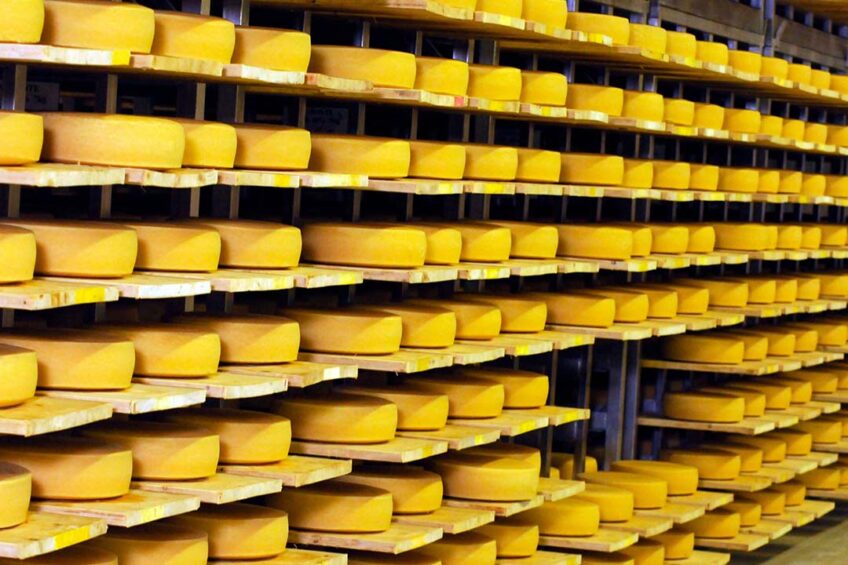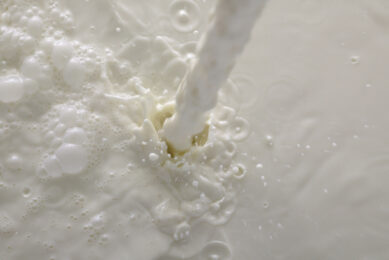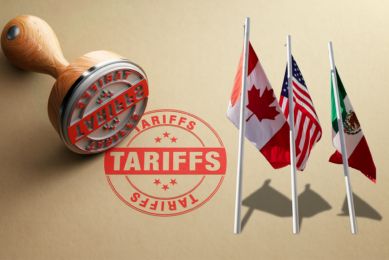Food safety measures row halts UK-Canada free trade talks

Disagreements over food safety measures and tariffs linked to beef and cheese have scuppered free trade talks between Canada and the United Kingdom.
Following 2 years of negotiations on a post-Brexit trade deal, the talks broke down at the end of January over differences in opinion on hormone-treated beef and a 245% import tax on British cheese imposed at the beginning of the year.
Canada had been pushing for the UK to relax its stance on hormone-treated beef, with its producers saying it had led to them being shut out of the British market. As a result, the UK’s trading terms with Canada will now be worse than when it was part of the EU’s deal with the country. The breakdown in talks mean British car firms could face higher tariffs.
Cheese products
While the UK industry has criticised the UK government’s decision to walk away from the talks, the UK farming community has welcomed the decision following much-criticised deals with Australia and New Zealand. The National Farmers Union said the move to halt the talks would have been difficult but was the right decision.
Minette Batters, NFU president, said: “On products such as beef and cheese, Canada was demanding too much and offering too little, therefore preventing progress to the benefit of both countries. During these negotiations, we understand that Canada made repeated attempts to force the UK to change its food safety rules and to extract unreasonable concessions for maintaining our preferential access to its cheese market.
UK food safety and trade
“Whilst there is give and take in every trade deal, the UK government has been clear that lowering the UK’s high standards of food safety is not an option, in these and all negotiations. This position is wholeheartedly supported by the NFU and also millions of the public who signed our petition to safeguard British food standards in 2020,” said Batters.
Last year, the UK exported £198.1 million worth of food to Canada, with cheese being one of the top 2 products. Canada exported food worth £557.7 million to the UK, with wheat and maize the leading products. Canada had allowed tariff-free British cheese imports under a temporary roll-over arrangement agreed when post-Brexit trade rules came into force, but that expired at the end of December. As of this year, UK cheese was moved out of the quota reserved for EU use and into a much smaller quota, which is routinely filled to its capacity and means UK producers, among them NFU members, will be competing against many more global exporters and subject to prohibitive import taxes.
A spokeswoman for Canada’s trade minister Mary Ng said she was disappointed at the pause in the talks: “Their decision to continue to maintain market access barriers for our agriculture industry and unwillingness to reach a mutual agreements has only stalled negotiations. But let me be clear, we will not negotiate an agreement that is not good for Canadians – and not good for Canadian businesses, farmers and workers.
Join 13,000+ subscribers
Subscribe to our newsletter to stay updated about all the need-to-know content in the dairy sector, two times a week.










